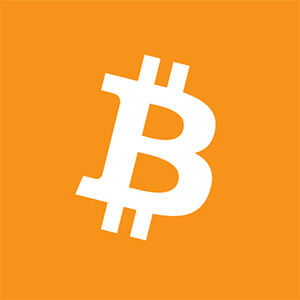- June 24, 2024
- Posted by: admin
- Category: BitCoin, Blockchain, Cryptocurrency, Investments

Galaxy’s head of research, Alex Thorn, believes the impending distribution of more than 140,000 Bitcoin (BTC) from the defunct Mt. Gox exchange will have a less severe market impact than anticipated.
Thorn said his research shows that the selling will mostly come from individual creditors, who are receiving less than half of the total 140,000 Bitcoin. He also argued that most individual creditors have been around Bitcoin since the early days and are unlikely to sell.
According to Thorn:
“Creditors are significantly skewed towards long-term Bitcoiners. They are tech-savvy early adopters… [who] resisted years of compelling & aggressive offers from claims funds, suggesting they want their coins back rather than a USD-denominated payout.”
Bitcoin led a broad decline in crypto prices on Monday after the trustee for the defunct Mt. Gox exchange announced plans to begin returning more than 140,000 BTC to clients starting in July. The assets were stolen in a high-profile hack in 2014.
As of press time, the flagship crypto was trading a little above $59,000, down over 7.5% in the past 24 hours, marking its lowest level since early May. Ethereum (ETH) and the broader altcoin market experienced similar declines.
Mt. Gox concerns
The sliding market was spooked by concerns about the impact of a large influx of Bitcoin hitting the market in less than a month. To put it in perspective, the anticipated distribution of 140,000 BTC is slightly less than the total holdings of Fidelity’s spot Bitcoin ETF, which recently held 167,375 BTC.
However, Thorn believes the fear is being blown out of proportion as the individual creditors — that are expected to sell — will only receive 65,000 BTC rather than 140,000 Bitcoin.
He wrote:
“We think fewer coins will be distributed than people think and that it will cause less bitcoin sell pressure than the market expects.”
Thorn’s research suggests that about 75% of creditors will opt for an early payout in July, resulting in a distribution of approximately 95,000 BTC. Of those, Thorn estimates that 65,000 Bitcoin will go to individual creditors, who he believes are likely to hold onto their BTC rather than sell immediately.
Thorn pointed to the creditors’ history of resisting aggressive offers from claims funds and the significant capital gains taxes they would face given Bitcoin’s 140x increase since the bankruptcy in 2014.
Meanwhile, his discussions with claims funds indicate that most partners in these funds are high-net-worth individuals who view this as an opportunity to acquire Bitcoin at a discount rather than arbitrageurs looking for a quick profit.
Despite the potential mitigating factors, Thorn acknowledged that even if only 10% of the 65,000 coins allocated to individual creditors are sold, it would still result in 6,500 BTC entering the market, likely in market sales — which could still have a significant impact on prices in the short-term.
BCH will be hit harder
Thorn added that Bitcoin Cash (BCH) is expected to fare worse than Bitcoin. The recovered BCH stems from Mt. Gox using its BTC keys to claim the fork, which occurred years after the bankruptcy.
Given BCH’s low liquidity and the fact that no creditor originally purchased it, creditors are likely to sell a significant portion of it.
Thorn said the distribution of BCH could have a more pronounced impact on its price due to these factors. With fewer buyers in the market and a higher likelihood of sales, BCH could experience significant downward pressure.
The post Analyst predicts limited impact from Mt. Gox Bitcoin distribution amid market slide – Galaxy appeared first on CryptoSlate.
